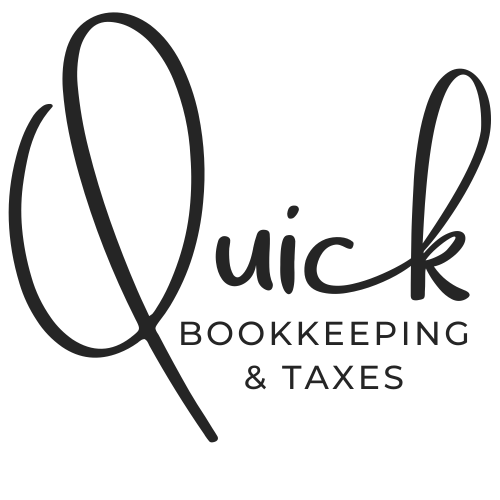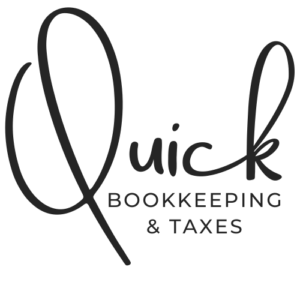What happens if I don’t do my bookkeeping?
Neglecting your bookkeeping may seem harmless in the short term, but the long-term consequences can lead to serious financial challenges for your business. Your records become a jumbled mess, and good luck trying to make sense of your financial standing.
Cash flow troubles:
One of the biggest consequence of neglecting your bookkeeping is losing control over your Cash flow.
Think of cash flow as your financial GPS, showing you what’s coming in and what’s going out. Accurate bookkeeping allows you to monitor cash flow patterns and understand how different factors impact your finances. This includes tracking when customers pay their invoices and when you need to pay suppliers or other bills. If you don’t know your cash flow situation, you might struggle to cover expenses on time, leading to late fees, damaged relationships with vendors, or even payroll issues with employees.
In short, keeping an eye on cash flow is essential for maintaining financial stability and ensuring your business stays on track for success.
Hidden financial leaks:
In most businesses, customers and clients aren’t rushing to pay their bills. You won’t know who owes you money and when it’s due without tracking your accounts receivable.
Some customers wait until the last moment to pay, while others may not even realize they have an outstanding balance. These slow financial leaks can devastate businesses over time. A seemingly small expense like $25 per month can add up, especially if there are multiple leaks, stifling your company’s growth.
If you don’t create reports at all, you may continue paying for unneeded services indefinitely until you happen to spot them on a credit card statement. Neglecting bookkeeping also makes it easy to lose money on expenses. You can’t manage costs effectively without current financial data.
For example, if you only review reports a few times a year, you might not notice you’re paying for unnecessary items, such as a monthly software subscription, until months have passed. Without proper records, you miss out on potential income and risk misallocating payments or debts to the wrong clients or suppliers, causing relationship issues.
Tax compliance risks:
When you go to file your taxes, you’ll need to provide detailed records of your business income, expenses, and deductions. Many people wait until the last minute to do their bookkeeping, which means disorganized records and mistakes in your tax return. Not to mention, your accountant may charge you significant overtime fees for sorting through piles of disorganized receipts.
This increases the risk of filing inaccurate returns and may result in audits or penalties for underpayment. Missing records also cause you to overlook legitimate deductions, leading to a higher tax burden.
Payroll issues:
An organized system helps keep payroll running smoothly and up-to-date. Payroll records need to be consistently updated, including tracking expenses, benefits, leave time, and wages. If records are not kept, you end up accidentally underpaying or overpaying employees, which creates discrepancies on their pay slips and result in tax complications for both you and your staff. As your company grows, you can’t afford to encounter these issues.
Limited funding Opportunities:
For a growing business it is very important to create good relationships with vendor and to secure loans, but that become a challenge if you don’t have your bookkeeping in order. Lenders and vendors alike expect detailed financial records that clearly demonstrate your company’s financial health. Without this information, lenders will hesitate to approve loans because they cannot assess your ability to repay. Similarly, vendors may be wary of extending credit or entering into long-term partnerships if they cannot trust your financial stability. In both cases, lack of organized financial records hurts your credibility and make it harder to access the resources you need to grow your business.
Outsourcing your bookkeeping can provide significant benefits for your business. By handing over your financial record-keeping to experts, you ensure accurate, up-to-date accounts without the hassle of managing them yourself. This allows you to focus on core business activities and strategic decisions. Additionally, outsourced bookkeepers stay current with industry regulations and tax laws, helping you maintain compliance and avoid costly errors. Moreover, it can be a cost-effective solution since you only pay for the services you need, rather than hiring a full-time employee. For more info, book a consultation with us at www.qbtconsulting.com, and make sure to stay up to date with latest news on our blog.


